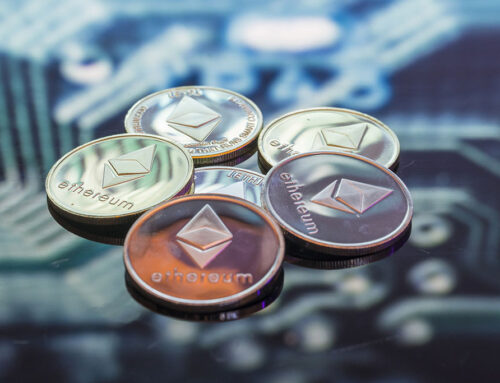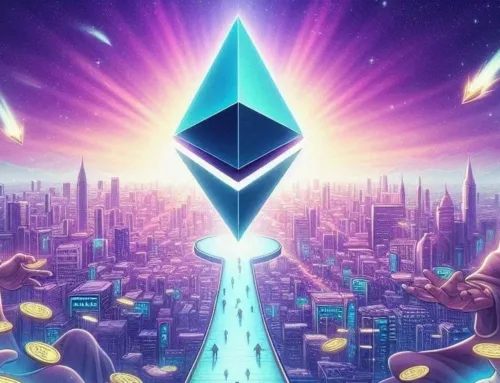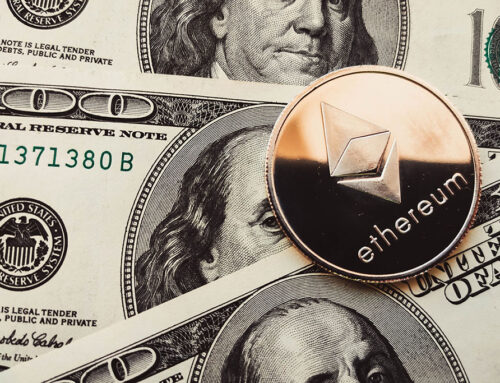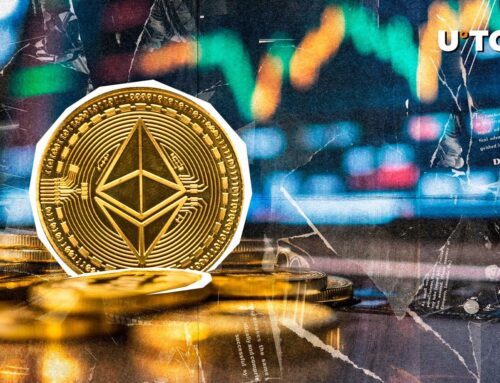Will Bitcoin or XRP (Ripple) be the better buy in 2025?
January 3, 2025
Cryptocurrency investors are having a great year in 2024. The total value of all coins and tokens across the industry currently stands at $3.5 trillion, more than doubling from where it ended in 2023.
Industry-leading cryptocurrencies like Bitcoin (BTC 1.31%) are responsible for most of that added value, but many tokens at the more speculative end of the market have also delivered solid gains. Even XRP (XRP 2.62%), which was under a dark regulatory cloud until recently, is up by 250% in 2024.
Falling interest rates are driving demand for growth assets like stocks and cryptocurrencies. Investors are also hopeful that the incoming Trump administration will be more crypto-friendly than previous administrations. That could set the stage for new opportunities for the industry to create value.
XRP could be one of the biggest beneficiaries of that regulatory shift, but will it be a better buy than Bitcoin in 2025?
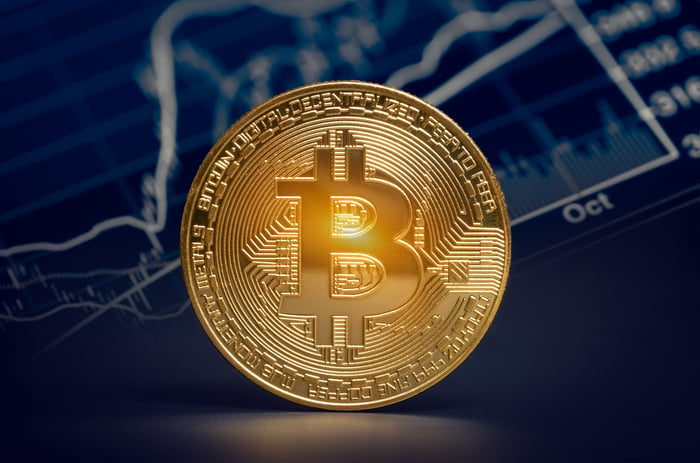
Image source: Getty Images.
The case for XRP (Ripple)
Global banking is complicated. Sending money around the world can take days. Some financial institutions use the SWIFT payment network, whereas others don’t, which means they need an intermediary to act as a middleman for each transaction.
A company called Ripple sought to fix that problem. Its Ripple Payments (formerly RippleNet) network connects with all existing banking infrastructure, so financial institutions can talk to each other directly and settle transactions instantly.
Ripple also created the XRP crypto token to standardize those transactions. For example, an American bank might send XRP to a Japanese bank rather than sending American dollars, which would eliminate currency exchange fees and other transaction costs. The two banks can then handle their own conversions from XRP to the fiat currency of their choice.
There are 100 billion XRP tokens in existence. 57 billion are in circulation, and Ripple holds the other 43 billion, releasing up to 1 billion per month to meet institutional demand. In 2020, the U.S. Securities and Exchange Commission (SEC) sued Ripple, because the regulator believed the XRP token should be classified as a financial security (like a stock or a bond), which would place tight restrictions on how it is issued and how the company operates.
The lawsuit was partially resolved in August 2024. Ripple was hit with a $125 million fine. The judge determined that XRP was only a security in certain situations, such as when new tokens are sold to institutions, but not when it’s traded on crypto exchanges or used in transactions.
The SEC is appealing the decision, but President-Elect Donald Trump recently nominated pro-crypto businessman Paul Atkins to run the regulatory agency during his administration (pending Senate approval). Therefore, investors are hoping that Ripple’s legal woes will disappear after Jan. 20, once the new government takes office.
That’s why the bulk of XRP’s year-to-date gain occurred after the election on Nov. 5. But the token is trading at $2.21 as of this writing, which is still well below its record high of $3.40 from 2018. It could move higher next year, but XRP is still a speculative asset, so investors should exercise caution.
The case for Bitcoin
Unlike XRP, Bitcoin isn’t backed by any individual or company that can issue more supply. There are 19.8 million Bitcoins in circulation right now, but there will only ever be a maximum of 21 million. The total supply is expected to be fully mined by the year 2140.
As a result, Bitcoin has never faced the regulatory woes that Ripple did. In fact, the SEC even approved dozens of Bitcoin exchange-traded funds (ETFs) this year, which give financial advisors and institutional investors a safer, regulated way to own it. The Bitcoin ETF industry already manages more than $110 billion in assets, so demand is incredibly strong.
Bitcoin consistently climbed to new highs even after suffering steep corrections over the years, which isn’t the case for most cryptocurrencies. Along with its limited supply and decentralized nature, that’s a key reason why investors are warming up to it as a true store of value.
Some analysts refer to Bitcoin as a digital version of gold. The total value of all above-ground gold reserves currently stands at $17.7 trillion, so Bitcoin’s market capitalization ($1.9 trillion as of this writing) would have to grow by 831% to catch up. That implies a price of around $893,000 per Bitcoin.
Then there is Michael Saylor, the co-founder of MicroStrategy, which owns over 439,000 Bitcoins (which is more than 2% of the total supply). He predicts Bitcoin will soar to $13 million per coin by the year 2045, because he thinks the U.S. could establish a digital assets framework that will open the door to new use cases and pave the way for widespread adoption.
Since that implies a Bitcoin market capitalization of $257 trillion, which is almost nine times the size of the entire U.S. economy in 2023, $13 million per coin is probably a little optimistic, even accounting for the dollar’s inflation in the next two decades.
The verdict
The Ripple Payments network is very innovative, but there’s a hitch: Banks aren’t required to use XRP. They can transact in fiat currencies and still benefit from instant transfers, so the success of Ripple Payments won’t necessarily send the price of XRP higher.
That makes XRP a highly speculative cryptocurrency, and it’s very difficult to predict where it will move next.
Don’t get me wrong — Bitcoin is also a speculative asset. Despite the SEC’s blessing and an avalanche of bullish price targets from prominent experts, investors still buy it because they hope it will rise in price, not because it generates earnings or has any utility in the real world.
However, Bitcoin has proven itself a good store of value so far. That alone will make it an attractive place for investors to park some of their money for the foreseeable future, and ETFs make it simpler than ever for them to do so. As a result, I think Bitcoin has a better chance to deliver upside in 2025 than XRP.
Search
RECENT PRESS RELEASES
Related Post
